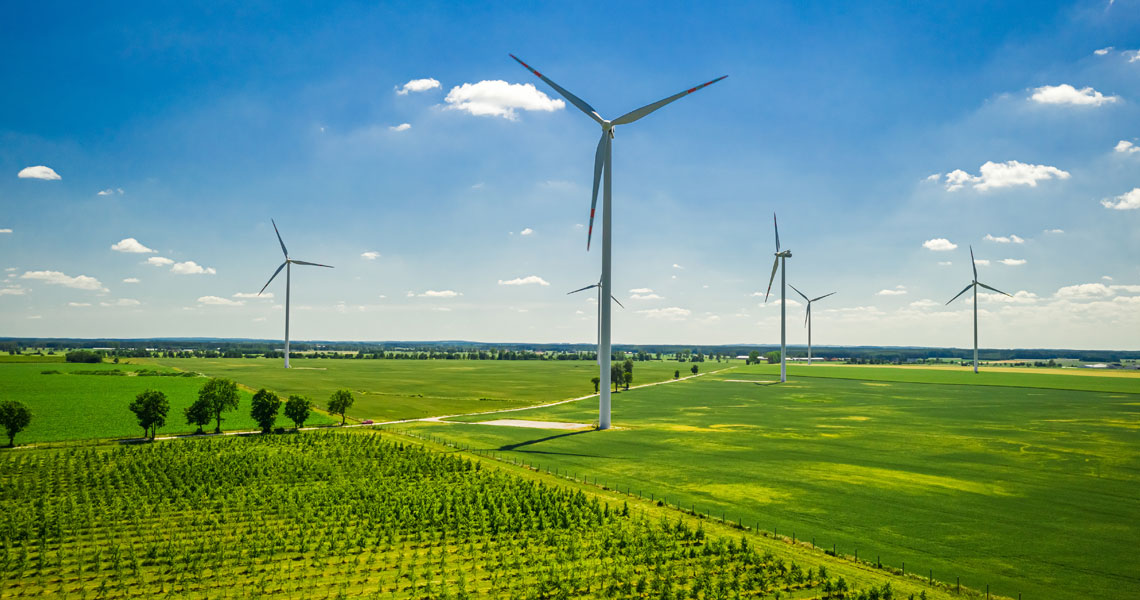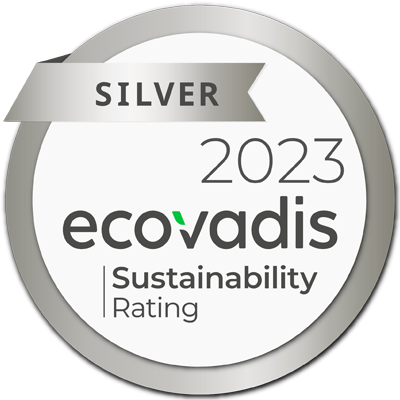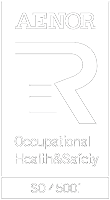Tratos partners AENOR to develop carbon footprint detector to help deliver the United Nation’s sustainable development goals
Tratos this week announced it is to play a pivotal part in the development of new technology to measure, and help companies manage, their carbon footprint.
A ground-breaker in the development of new and greener cable solutions for a range of industries from ports and marine to rail and mass transit, Tratos will partner Spanish Association for Standardisation and Certification, Aenor.
Aenor is an independent not-for-profit organisation dedicated to improving technology production and, together with Tratos, it will work to develop a cable to facilitate the detection elements needed to measure companies’ carbon footprint.
A member of the International Organization for Standardization (ISO); the International Electrotechnical Commission (IEC), the European Committee for Standardization (CEN) and the European Committee for Electrotechnical Standardization (CENELEC), Aenor, together with Tratos, aims to launch its first detection product to coincide with the 26th session of the Conference of the Parties (COP26) to the UNFCCCl which is expected to take place from 9-19 November 2020, in Glasgow, UK.
Tratos CEO, Dr Maurizio Bragagni, a member of the International Electrotechnical Commission’s Market Strategy Board, will be personally involved in the development of the new carbon calibrating technology. He described the partnership with Aenor as ‘a huge step forward’ in identifying levels of carbon impact and determining the right steps to allow companies to tread more lightly.
He added that he fully supported the United Nations’ 17 Sustainable Development Goals (SDGs), and that the Tratos-Aenor collaboration was a significant advance in delivering them. Tratos is an independent global cable innovator. It won a Queen’s Award for Enterprise: Innovation last year (2019).
The UN’s 17 sustainable development goals are:
- GOAL 1: No Poverty
- GOAL 2: Zero Hunger
- GOAL 3: Good Health and Well-being
- GOAL 4: Quality Education
- GOAL 5: Gender Equality
- GOAL 6: Clean Water and Sanitation
- GOAL 7: Affordable and Clean Energy
- GOAL 8: Decent Work and Economic Growth
- GOAL 9: Industry, Innovation and Infrastructure
- GOAL 10: Reduced Inequality
- GOAL 11: Sustainable Cities and Communities
- GOAL 12: Responsible Consumption and Production
- GOAL 13: Climate Action
- GOAL 14: Life Below Water
- GOAL 15: Life on Land
- GOAL 16: Peace and Justice Strong Institutions
- GOAL 17: Partnerships to Achieve the Goal
The United Nations’ SDGs are at the core of its blueprint for building a better world by 2030. The SDGs serve as a universal plan for all countries to end poverty, stimulate economic growth, preserve the environment and ensure prosperity for all.
These goals set the global development agenda until 2030 with clear objectives and measurable targets to determine progress for each goal. In setting out the goals the UN was pragmatic about the link between economic development, social inclusion and environmental sustainability – and acknowledged that delivery of the right outcomes would require global cooperation.










